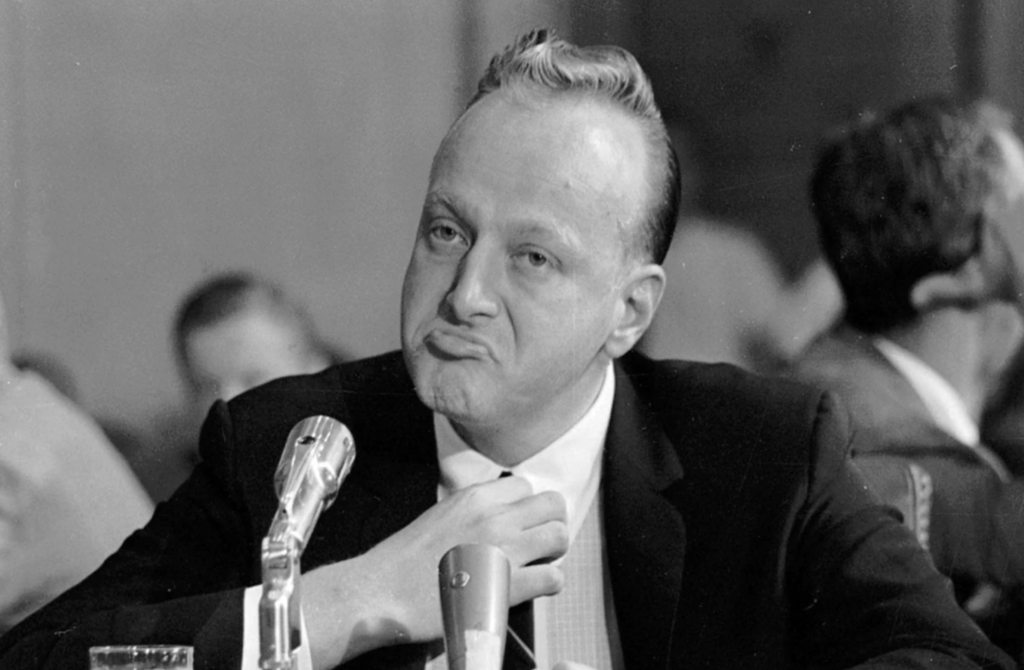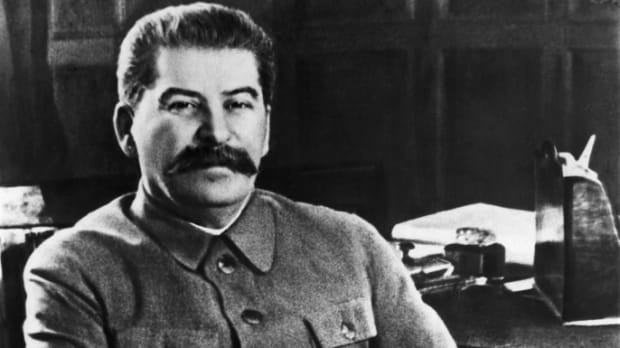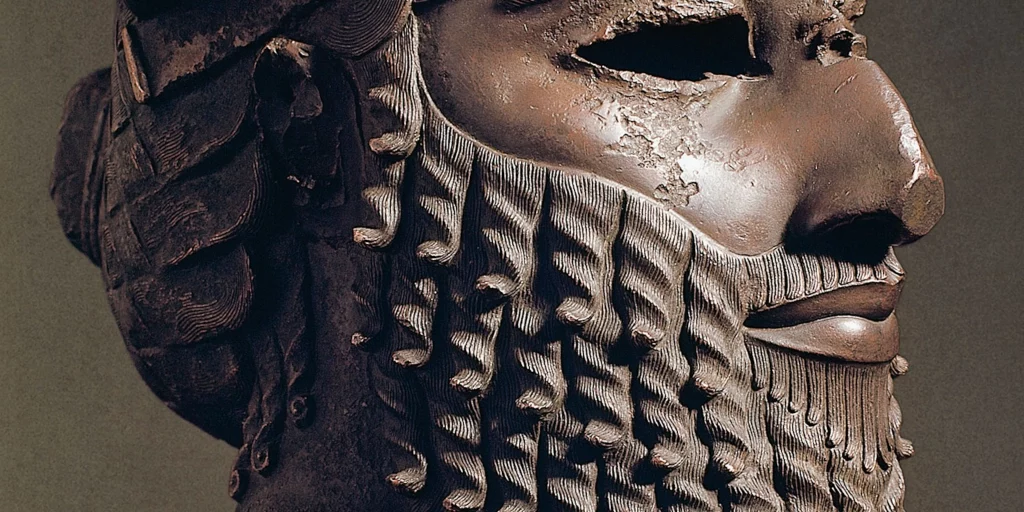In 1995, Martin Scorcese released a film called Casino. It was about a man from Chicago who runs a casino for the Chicago Outfit, also known as the Italian mob, in Las Vegas.
Over the course of the movie, Sam “Ace” Rothstein goes from a lowly sports handicapper to a man wanted by both the federal government and the mob, before returning to his status as a handicapper.
Although Sam’s story involves many crazy twists, it was actually based on the even crazier, real-life narrative of Frank “Lefty” Rosenthal.

Gaining a National Reputation
Frank Rosenthal was born in Chicago in 1929 and learned about gambling from a young age. He attended the horse racing track with his father. He quickly learned the best gambling tricks. Soon, he branched out into other sports.
His ability to set the odds perfectly for the house made him a useful handicapper for the Chicago Outfit, whom he began working for in the mid-1950s. Soon though, Rosenthal was beginning to get in trouble for fixing games.
In 1961, he was issued a subpoena and appeared before a Congressional committee to address accusations of fixing odds. Rosenthal invoked the Fifth Amendment over 30 times during the hearing, including when asked if he was left-handed. This resulted in him earning the nickname “Lefty.”
Although he was never charged with anything during the Congressional hearing, Rosenthal was indicted in 1963 on charges of paying off a North Carolina basketball player. In the next few years, Rosenthal would attract more attention.
He was suspected of being involved with multiple mob-related activities such as car bombings in Miami. Therefore, he decided to move again to avoid the heat.
A Revolutionary
In 1968, Rosenthal moved to Las Vegas, a logical place for someone with his gambling skills. Within just a few years, he was operating four different casinos for the Outfit: the Stardust, the Fremont, the Marina, and the Hacienda.
He had settled into town nicely. He married a topless showgirl named Geri McGee, and worked alongside his childhood friend Anthony Spilotro, who acted as Rosenthal’s enforcer.
During his time in Vegas, Rosenthal revolutionized the casino world. He introduced sports betting to the casino floor, with Stardust being the first casino with dedicated sports betting space. Luxury seating and large TVs attracted thousands of dollars worth of new bets to the casino.
Rosenthal also doubled the income of the Stardust by introducing female blackjack dealers. This was a simple yet effective change that kept gamblers at the tables. But despite his lucrative career, Rosenthal quickly fell out of favor.
In 1976, the Nevada Gaming Commission and Las Vegas police department found that Rosenthal was operating the casinos without a state gambling license. He could not obtain it due to his criminal past and ties to the mob.
At the same time, Spilotro and other mobsters were indicted for their illegal activities within the casino. This brought federal authorities’ attention to the business, which no one was excited about.
Lefty’s Fall from Grace
One night in 1982, as Rosenthal entered his car after dinner in Las Vegas, he noticed flames. As he briefly panicked, he was thrown from the car by an explosion.
Minutes later, the car was being blown a few feet in the air as the gas tank caught fire. He likely only survived because of the model of his car. The 1981 Cadillac Eldorado had a metal plate under the driver’s seat to correct a balancing problem. This metal plate had likely redirected the blast away from Rosenthal.
Whoever planted the bomb and attempted to kill Rosenthal is still unknown. However, there are various theories. Some point to Spilotro, who had been having an affair with Rosenthal’s wife and had a history of violence.

Spilotro had a falling out with Rosenthal a few years earlier over Spilotro skimming money from the mob profits and his indictment by authorities. This could have fueled anger against Rosenthal.
Others point to different mob bosses in Milwaukee and Kansas City. They were angry at Rosenthal for attracting federal attention to the casino operations. They suspected that Rosenthal was an informant.
A third theory also points to a group of bikers associated with Rosenthal’s now ex-wife, acting perhaps to get revenge against her ex-husband. The bombing of Lefty Rosenthal’s car remains one of the most interesting unsolved mob-related crimes, although Rosenthal insisted the mob had nothing to do with it.
A Surprising Conclusion
A few months later, Rosenthal moved away from Vegas, spending a few years in Laguna Niguel, California.
During this time Rosenthal was blacklisted from entering Nevada casinos. This was a fact that he contested in court. He successfully overturned it, although the ban was reinstated by the state supreme court.
After this, Rosenthal moved to Florida. He opened a sports bar and operated a sports betting website.
He passed away on October 13, 2008. Within a month, it was revealed that both he and his wife had been FBI informants for years, confirming mob suspicions. It is unclear when or why Rosenthal became an informant, although some claim it was his nature as a betting man.
As an informant, he could lead his life of betting luxury but remain out of jail and in the safety of the federal government. And yet, after the bombing of his car in the 80s, Rosenthal refused witness protection.
Lefty Rosenthal was a complicated man, who left an even more complicated legacy, but he undeniably reshaped the face of Las Vegas forever.
References
Henry, Larry. “WHO BOMBED FRANK “LEFTY” ROSENTHAL’S CAR?” The Mob Museum, April 8, 2020. https://themobmuseum.org/blog/who-bombed-frank-lefty-rosenthals-car/.
Morrison, Jane Ann. “‘Lefty’ Rosenthal was an FBI snitch” Las Vegas Review-Journal, October 30, 2008. https://www.reviewjournal.com/news/news-columns/jane-ann-morrison/lefty-rosenthal-was-an-fbi-snitch/.
Redd, Wyatt. “Frank Rosenthal And The Real Story Of Sam Rothstein From ‘Casino’.” ATI, November 28, 2022. https://allthatsinteresting.com/frank-rosenthal.
Weber, Bruce. “Lefty Rosenthal, Kingpin in Las Vegas, Dies at 79.” New York Times, October 18, 2008. https://www.nytimes.com/2008/10/19/us/19rosenthal.html.

